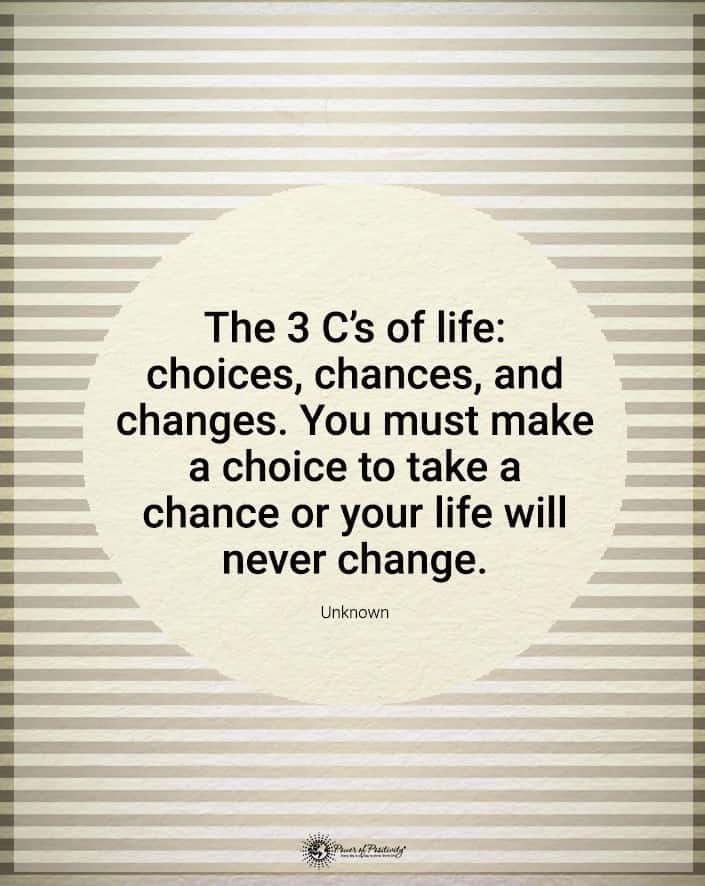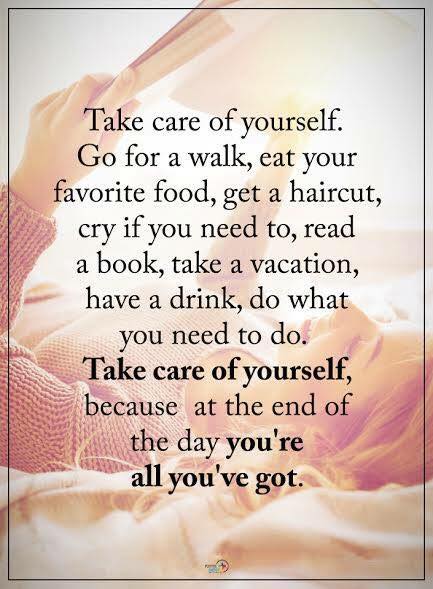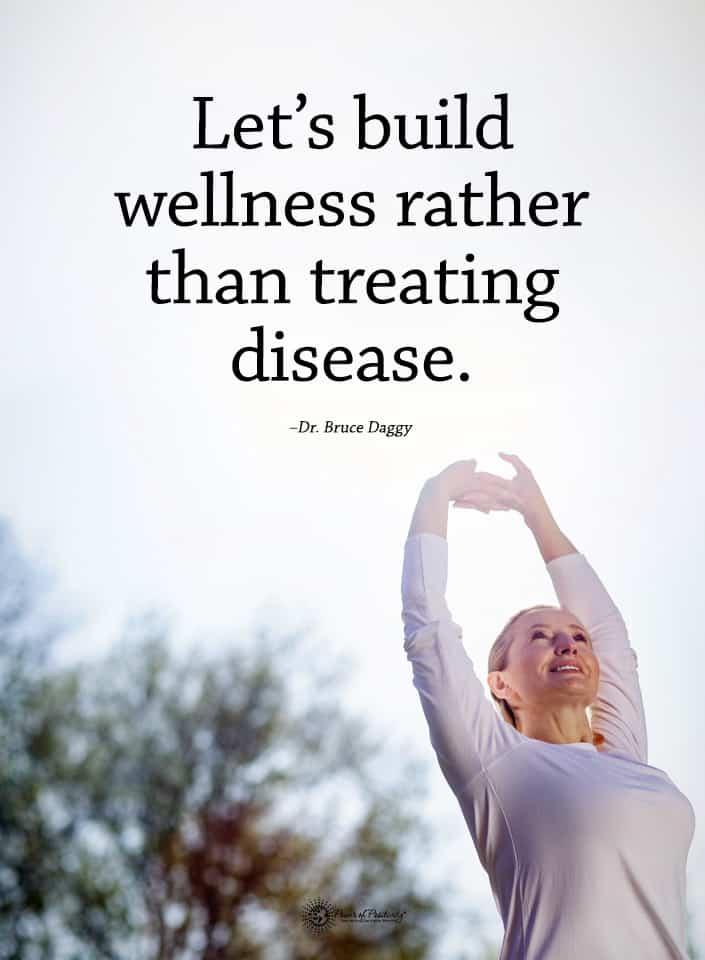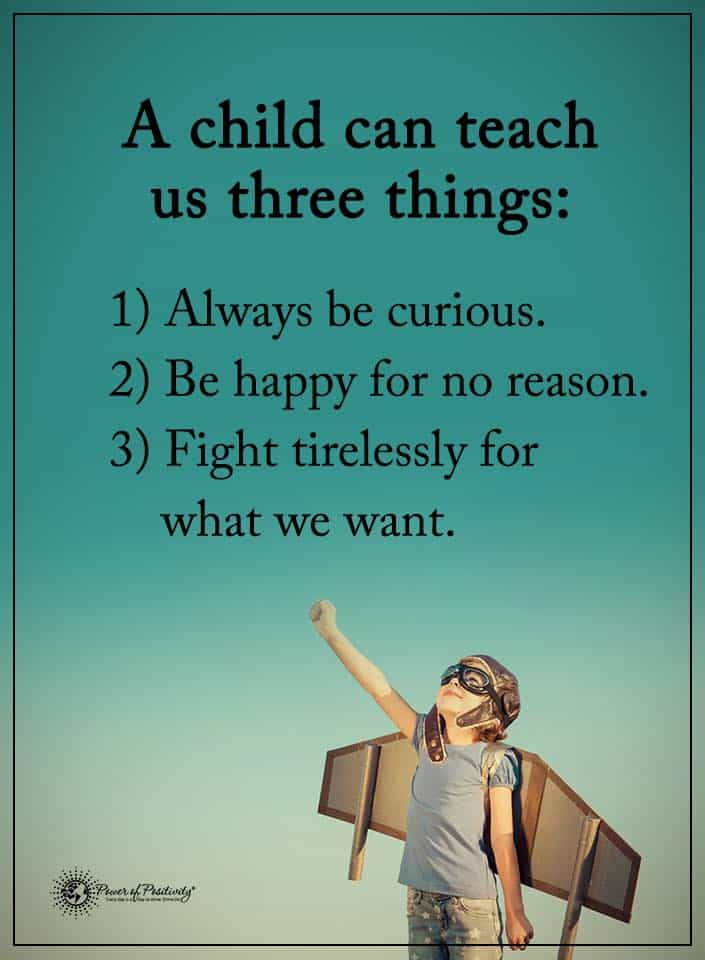What you eat plays a role in your journey when you want to lose weight. Many foods can help fuel your weight loss efforts, but others can hinder your progress. Learning the best foods to eat and which to avoid can make all the difference.
The easiest and quickest food to obtain tends to lack nutrients. However, it’s hard to lose weight when you opt for the first easy option you see. If you want to work toward a healthier lifestyle, it helps to gain information about your options.
When you learn the best foods, you’ll be surprised to know how easy some of them are for a quick snack or meal. You’ll gain new favorite foods, helping you escape your old habits. As you form new eating habits, you’ll find it easier to lose weight and maintain a healthy lifestyle.
Fourteen Foods to Eat for Weight Loss
1 – Nuts and Seeds
If you need an on-the-go snack, nuts and seeds are an easy option that helps your weight loss efforts. They contain Omega-3 and Omega-6 fatty acids, protein, fiber, and other beneficial plant compounds.
Nuts improve metabolic health, helping you lose weight. They also make you feel full longer, and you don’t have to eat much to experience the effect. Studies show that people who eat nuts tend to manage a healthier weight than others.
Seeds contain lots of fiber that expands in your stomach, making you feel full for much longer. Eat a small handful and wait about twenty minutes to see if you still feel hungry. If you do, only eat a little more, and you will feel satisfied.
Remember that nuts and seeds are high in healthy fats, so you must be mindful of your intake. Focus on portion sizes so you don’t sabotage your weight loss efforts.
2 – Leafy Greens for Weight Loss
Leafy green vegetables are low in calories but contain fiber and nutrients. The fiber content makes you feel full but doesn’t add calories, making these vegetables perfect for weight loss. Some of the leafy greens you can choose from include kale, spinach, collard greens, and Swiss chard, although there are others.
Research shows that leafy greens contain thylakoids, plant compounds that promote better appetite management and make you feel satisfied. Leafy greens also reduce cravings for unhealthy foods, making it easier to lose weight.
Leafy greens don’t only keep you feeling full, but they also help you stay hydrated. When you’re hydrated, your body can function fully, allowing you to lose more weight.
3 – Whole Greek Yogurt
Full-fat whole Greek yogurt is an excellent dairy product for losing weight. It has more protein than regular yogurt, and studies show it is effective for weight management.
Greek yogurt also contains probiotics, improving the functioning of your gut. When your gut functions well, it protects you from inflammation and leptin resistance. Leptin resistance leads to obesity, so resisting it is essential to lose weight.
4 – Cottage Cheese
Dairy products are high in protein, helping you build and maintain muscle during weight loss. Cottage cheese will leave you satisfied until your next meal and boosts your calcium intake. Studies show a link between calcium intake and healthy weight, although more research is needed before definitive results are released.
5 – Avocados – a Healthy Fat for Weight Loss
Avocados are high in carbs, but they’re also full of healthy fats and potassium. They contain monounsaturated oleic acid, making them a healthy addition to your diet. Even though they contain so much fat, they also have lots of water and fiber, making them more filling.
When you add avocados to your salads, it adds the fat content that many salads lack. It also increases the number of antioxidants your body absorbs from the vegetables in your salad. Avocados also help you absorb other fat-soluble vitamins, including A, D, E, and K.
You must be mindful of portion sizes when eating avocados, as they are energy-dense. If you eat too many of them, it’ll hinder your efforts to lose weight instead of helping them. Focus on your hunger and fullness cues, and eat slowly so that your mind and body can process.
6 – Cruciferous Vegetables
Cruciferous vegetables include broccoli, cauliflower, cabbage, and Brussels sprouts. They are low in calories, high in fiber, and contain protein. These vegetables also make you feel full without adding calories to your diet.
7 – Beans and Legumes
As a rich source of protein and fiber, beans and legumes are highly beneficial to your weight loss efforts. They keep you full, and the protein content helps you burn fat. You can choose from lentils, black beans, kidney beans, and many other types.
8 – Salmon
Salmon is a fatty fish that is nutritious and filling. It contains many quality proteins, healthy fats, and other essential nutrients. This nutritious food also contains iodine, a nutrient for thyroid function and metabolism.
Salmon also contains omega-3 fatty acids, helping reduce inflammation. Because inflammation plays a role in metabolic disease and obesity, it’s essential to keep it under control.
9 – Whole Grains
Studies show that whole grains are loaded with fiber and protein, allowing them to support weight loss efforts. They also promote your metabolic health, making them an essential addition to a healthy diet.
Choose from oats, brown rice, and quinoa to fulfill your whole grain need. Oats are beneficial because they contain beta-glucans, soluble fibers that make you feel full and improve metabolic health.
10 – Chili Peppers
Chili peppers contain capsaicin, which is the substance that makes them spicy. Studies show this substance improves your metabolic function, making your body burn fat quicker. It also makes you feel full, supporting your weight loss effort.
11 – Tuna
You’ll feel full longer when you eat tuna, helping you avoid cravings and taking in too many calories. Tuna also contains healthy fats, including omega-3 fatty acids, and will increase your protein intake, too.
12 – Soup
Adding more water to your diet helps you stay hydrated and feel full, helping you consume fewer calories. Soup is the perfect way to add more water while increasing your vegetables and whole grains intake.
Soup also takes longer than other foods because you must wait for it to cool before eating. Once it cools, it takes longer to eat because you have to eat it on a spoon, slurping rather than taking bites. It helps you eat mindfully, avoiding overeating and missing fullness cues.
Avoid soups that are cream-based or made with processed meats. These options won’t provide the same nutrients and may cause weight gain. Try blending in avocado instead of cream to make a rich soup.
13 – Fruit
Fruit contains lots of sugar but still has low energy density. They contain fiber, making your body digest them slower and release the sugar slowly. Sugar from fruit is released slowly to allow your blood sugar to stay steady while still giving essential nutrients.
Studies show that those who consume fruit tend to be healthier than those who don’t eat any. They contain essential vitamins and nutrients that allow you to maintain a healthy weight.
14 – Eggs (the Protein Supports Your Weight Loss)
Whole eggs are nutrient-dense foods containing protein, vitamin D, choline, and other healthy compounds. Eggs help you feel full, preventing snacking on healthy foods before lunch. Studies show that eating eggs for breakfast prevents hunger more than cereal, milk, or orange juice.
Eight Foods to Avoid for Weight Loss

1 – Potato Chips and Fries Hinder Weight Loss
While potatoes are rich in nutrients, they also contain starch. Since starch easily converts into sugar, overindulging can lead to high blood sugar and less nutrition. When you eat potatoes in the form of chips or fries, the lack of vitamins is even worse.
Potato chips and fries are soaked in unhealthy oils and fried during cooking. The cooking process and ingredients are high in calories and easy to overindulge. Studies show that eating these snacks has a direct link to weight gain.
2 – Ice Cream
Ice cream is incredibly unhealthy because it’s high in calories and loaded with sugar. While eating ice cream sometimes isn’t a problem, it’s easy to overconsume once you start. If you choose to eat it, serve yourself a small portion, and don’t go back for more.
3 – Sugary Drinks and Specialty Coffees
Soda and other sugary beverages interfere with your ability to lose weight. Choose another drink like milk, water, or unsweetened tea to decrease your calorie intake. Soda is directly related to weight gain, so you must remove it from your diet.
Specialty coffee drinks are a problem because they often contain unhealthy ingredients like sugar and artificial cream. They have lots of calories with little to no nutrients.
4 – White Bread
White bread contains little nutrients but lots of added sugar. It can lead to blood sugar spikes and weight gain. Studies show that it is linked to obesity, making it a problem if you want to lose weight.
5 – Fruit Juice – A Sneaky Sugar That Slows Down Weight Loss
Most juice gets marketed as a healthy beverage, but that’s not usually true. Fruit juice contains lots of sugar and few nutrients.
It also doesn’t make you feel full as it doesn’t require chewing or contains fiber. You’ll consume unnecessary calories and take in the same food.
6 – Baked Goods Slow Down Weight Loss
Pastries, cookies, cakes, and other baked goods contain added sugars and refined flour. They also contain trans fats, a compound linked to weight gain. Baked goods aren’t satisfying, and you’ll become hungry soon after consuming them.
7 – Alcohol
Alcohol, especially beer, contains many calories and few nutrients. Drinking alcohol in moderation is okay, but heavy drinking leads to weight gain.
8 – Pizza Slows Your Weight Loss
While it’s easy and quick to grab pizza for lunch or dinner, it could stand in the way of your weight loss efforts. It’s high in calories and doesn’t usually contain healthy ingredients. The dough often contains refined flour, and the meat is processed.
If you want to enjoy pizza, try making it at home instead. When you make it at home, you can use healthier ingredients, ensuring you don’t hinder your ability to lose weight.

Final Thoughts on Foods to Help You Lose Weight
To lose weight, you must pay attention to the foods you consume. Some foods are beneficial for weight loss, while others hinder the process. Consider swapping unhealthy foods for healthier options, but be mindful of serving sizes. These food options will help you lose weight and feel better as you swap unhealthy favorites.


 Beer is made from water, hops, barley, and yeast. It is mainly made of water, and water from different regions results in different tasting beer. Barley is the main ingredient in beer, though, and it is rich in starch.
Beer is made from water, hops, barley, and yeast. It is mainly made of water, and water from different regions results in different tasting beer. Barley is the main ingredient in beer, though, and it is rich in starch. 5. Beer May Improve Your Brain Health
5. Beer May Improve Your Brain Health Final Thoughts on Scientifically Proven Health Benefits of Beer
Final Thoughts on Scientifically Proven Health Benefits of Beer



